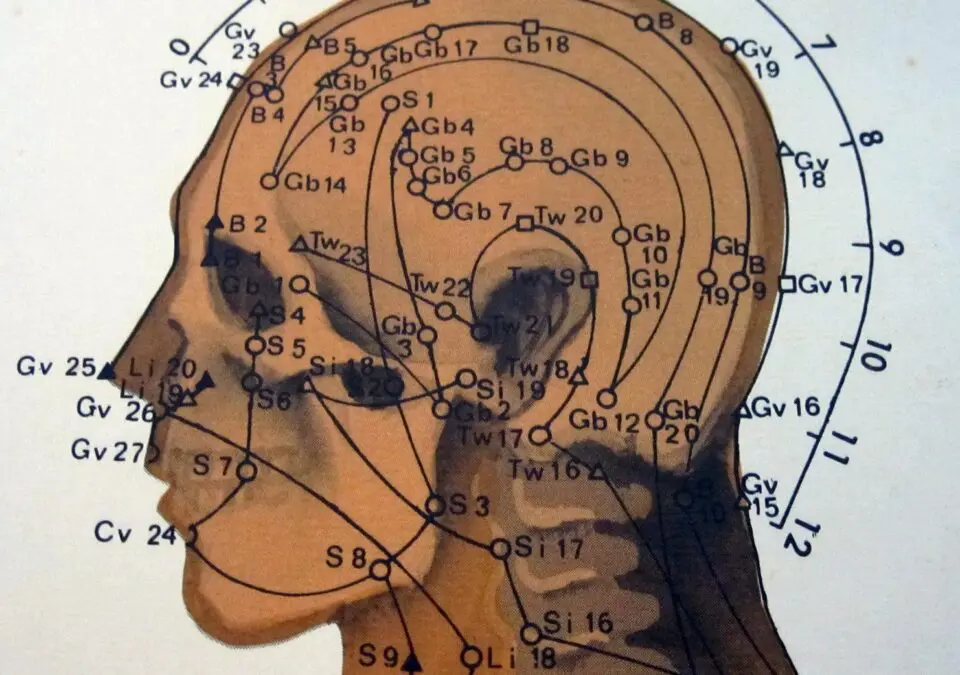An international group of neuroscientists has discovered mechanisms that indicate that acupuncture may be effective. True, only in certain areas of the body: in others, its action is not confirmed by anything.
The work was published in the journal Nature. Acupuncture is known to be a traditional Chinese technique that has been used to treat a variety of health problems for thousands of years. Interestingly, in recent decades, acupuncture is increasingly used in Western medicine for the treatment of various kinds of inflammatory diseases.
Several years ago, scientists showed that electroacupuncture – a modern version of acupuncture that uses electrical stimulation of specific points on the body – can weaken the cytokine storm (arising not only in connection with pneumonia, but also sepsis or cancer therapy). This is due to the activation of the so-called axis of the vagus nerve – the adrenal gland.
However, the real effect of acupuncture remains poorly understood. A group of researchers, which included scientists from Harvard Medical School (USA), Fudan University and the Chinese Academy of Sciences (China), decided to shed light on these issues and find out the neuroanatomical basis of the action of electroacupuncture. Last year, the same researchers hypothesized that this approach is effective for the leg area, but not for the abdomen. The team hypothesized that sensory neurons, which are present in the hind limbs, but not present in the abdomen, are responsible for this.
To test the hypothesis, the scientists conducted a series of experiments on mice. And to begin with, we identified a number of sensory neurons marked by the expression of the PROKR2Cre receptor. As it turned out, in fact, there were three to four times more such neurons in the connective membrane covering the vessels and nerves – the fascia – of the hind limbs than in the fascia of the abdomen.
The scientists then bred mice that lacked these sensory neurons. And they found that electroacupuncture did not activate the axis of the vagus nerve – the adrenal glands in these mice. In another experiment, the authors used light stimulation to directly target sensory neurons in the deep fascia of the hindlimb of rodents. This stimulation, as expected, activated the vagus-adrenal axis, similar to electroacupuncture.
In a recent experiment, scientists studied the distribution of neurons in the hind limbs and found that there are significantly more neurons in the anterior leg muscles than in the hind limb: this leads to a stronger reaction of the body to acupuncture in the anterior region. The researchers note that although the work was done in mice, the basic organization of neurons is likely similar in all mammals, including humans. The next step is human research.







